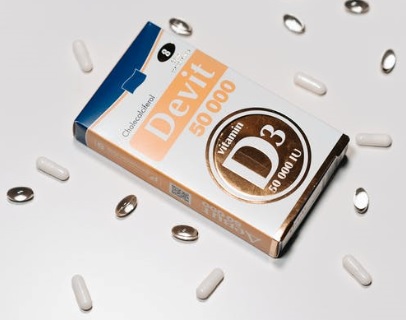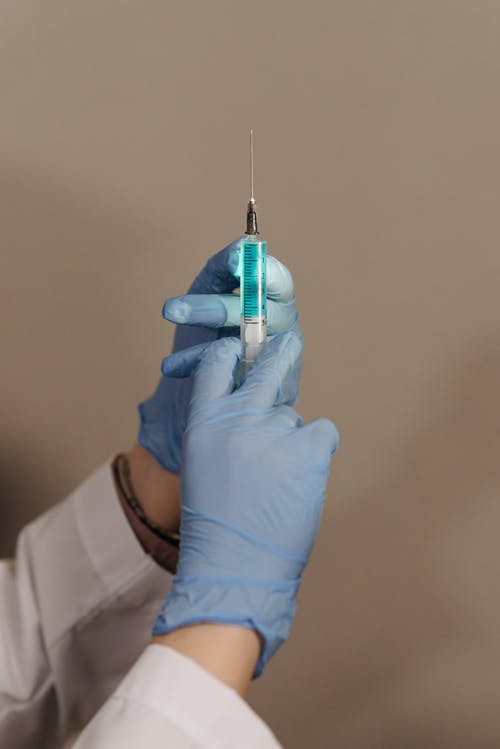Vitamin deficiency could trigger opioid addiction.
New research shows that vitamin D deficiency increases cravings for, and the effects of, opioid drugs. This means, being deficient could lead to increased risk for opioid dependence and addiction. The same study has linked vitamin D deficiency to sun-seeking behavior.
“Even modest rescue of vitamin D deficiency could be beneficial in the prevention and treatment of opioid addiction, especially considering that vitamin D is generally inexpensive, accessible, and safe,” the research team wrote. Their study was published online June 11 in Science Advances.
To study their hypothesis that the deficiency leads to cravings, the researchers first reviewed two already available data sets. The first set included 20,000 participants in the National Health and Nutrition Examination Survey. The second included 3,000 patients admitted to Massachusetts General Hospital (MGH) in the two-year span between 2014 and 2016 with an opioid use disorder (OUD).

In the first data set, patients with insufficient vitamin D “were 50 percent more likely to use opioid painkillers compared with patients with normal vitamin D levels,” and those who were deficient “were 90 percent more likely to take opioids.”
“Finding support for the association between low vitamin D and opioid use in two independent data sets speaks for itself that this could be something that warrants further investigation,” according to MGH physician-scientist and lead author Lajos Kemény.
Next, the team turned to mice to more closely study the patterns in the clinical data. They either fed mice a vitamin-deficient diet for two months or developed transgenic mice lacking a vitamin D receptor. “Half of the diet-deficient mice resumed a normal diet for a further eight weeks before examining how they responded to morphine,” the study indicates.
The mice are placed in a chamber with multiple compartments and trained to anticipate morphine in one. Researchers measured how long they spent inside the morphine chamber. Vitamin D deficient mice were four times more sensitive to cravings “when averaged across all doses” tested “regardless of how vitamin D deficiency was induced.”
“We found that modulating vitamin D levels changes multiple addictive behaviors to both UV and opioids,” said Kemény.
“They did a lot of very sophisticated work,” explained W. Michael Hooten, a pain medicine researcher and clinician at the Mayo Clinic who was not involved in the study. “I really think that’s the strength of this paper, because either one of those two data sets could stand on its own as an independent publication, but yet they combined the two.”
Abdella Mohammed Habib, a clinical biochemist at Qatar University agreed, saying, “Taken together, the team’s work is a fantastic achievement since it highlights the role of vitamin D and untangles some of the molecular mechanisms and environmental factors involved in regulating [nociception] using mice and humans. It nicely builds on previous solid experimental data and gives impetus for identifying the role of vitamin D in the pain signaling pathway.”
Sources:
Does Vitamin D Deficiency Play a Role in Opioid Addiction?
Vitamin D deficiency may increase risk for addiction to opioids
Lack of Vitamin D May Increase Risk of Opioid Addiction, and Sun-Seeking Behavior


Join the conversation!